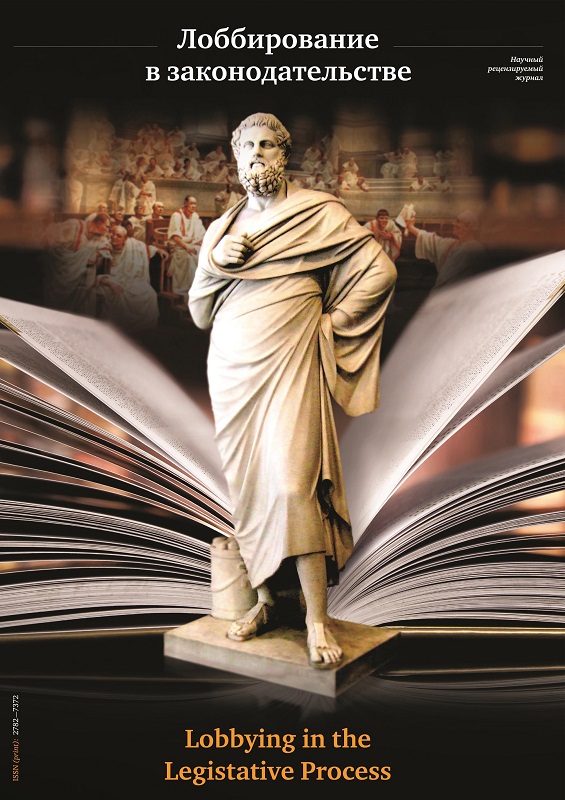Use of SIM-box type equipment: criminal-legal aspect
- Authors: Mirnyi D.S.1
-
Affiliations:
- All-Russian State University of Justice (RLA of the Ministry of Justice of Russia)
- Issue: Vol 3, No 4 (2024)
- Pages: 84-88
- Section: Criminal law
- URL: https://journals.eco-vector.com/2782-7372/article/view/646847
- DOI: https://doi.org/10.33693/2782-7372-2024-3-4-84-88
- EDN: https://elibrary.ru/AVUQHB
- ID: 646847
Cite item
Abstract
The purpose of the research. The present article deals with the issue of criminal-legal assessment of the activity on the use of separate means of communication – equipment of SIM-box type (SIM-bank). Currently, the use of such equipment is widespread in the realization of the objective side of various crimes, including the so-called “telephone fraud”, as well as knowingly false reports of an act of terrorism. The use of SIM-box type equipment not only allows to “automate” the implementation of the objective side of the crime, through the parallel execution of mass calls, but also makes it difficult to reliably identify the person receiving communication services. Thus, the use of SIM-box type equipment encroaches on an independent object – public relations arising from the provision of normal operation of the public communications network and regulated by the current legislation in the field of communications. Taking into account the difficulty of forming a correct legal definition of such equipment, the author substantiates the expediency of criminal-legal assessment of the activity of making mass telephone calls (mailings) carried out in violation of the current legislation. In view of the above, it is proposed to supplement Chapter 28 of the Criminal Code of the Russian Federation with a new article 274.3 containing the projected criminal liability. In the process of research, the following methods were used: formal-logical, literal interpretation.
Full Text
About the authors
Daniil S. Mirnyi
All-Russian State University of Justice (RLA of the Ministry of Justice of Russia)
Author for correspondence.
Email: 79260658027@yandex.ru
SPIN-code: 7110-8402
Scopus Author ID: 1241815
postgraduate student, Department of Criminal Law and Criminology
Russian Federation, MoscowReferences
- Kokoreva E.A. Comparative characterization of the fourth and fifth generation mobile communication systems. Economics and Quality of Communication Systems. 2022. No. 3. Pp. 37–45. (In Rus.)
- Lesnievski-Kostareva T.A. Differentiation of criminal responsibility. Theory and legislative practice. Moscow: Norma, 1998. 287 p.
- Voskanyan R.O. The role of digital education in ensuring economic growth. Azimut Scientific Research: Economics and Management. 2021. Vol. 10. No. 2. Pp. 136–139. (In Rus.)
- Chuprova A.Yu. Transnational economic crime: Issues of counteraction. Business in the Law. 2009. No. 1. Pp. 147–150. (In Rus.)
Supplementary files









